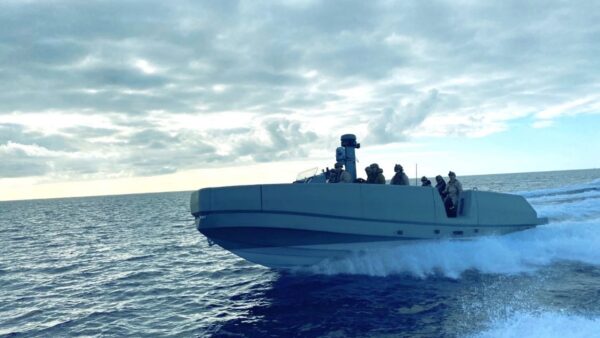The recent insolvency of South Korean container shipping giant Hanjin has created a challenging and complex situation for importers and exporters to work through – not least from the perspective of how, or if, insurance can assist with cost recovery.
In this column, CargoHound insurance partner, Neil Hiller, of Austbrokers Hiller Marine explains that the wordings of different insurer’s policies may differ subtly in a number of ways that could potentially impact clients.
The clear issue from an insurance perspective is defining the validity a claim if distressed cargo involved in the Hanjin situation is simply sitting on a vessel awaiting eventual delivery or discharge – and has neither gone missing nor been damaged.
The bottom line is that the Institute Cargo Clauses – which form the basis of cover under most marine cargo policies in Australia – basically cover physical loss or damage to the cargo, so, unless loss or damage occurs, or is going to occur without the insured taking certain action to prevent it, there is usually no recoverable claim.
Where it gets particularly confusing – and potentially open to interpretation – relates to whether costs of re-forwarding distressed cargo and/or “sue or labour costs” associated with preventing physical loss or damage due to insolvency or potential insolvency of the shipowner are recoverable insurance claims.
Suggestions from some insurers that re-forwarding costs may be covered via the 2009 revision of the Insolvency Exclusion of the Institute Cargo Clauses (A) aren’t necessarily the case – given this relates to a policy exclusion. By simply removing or modifying it, the policy may still not actually cover financial loss caused by insolvency of the shipping line.
Meanwhile, Clause 12 of the Institute Cargo Clauses (A) covers Forwarding Charges to get cargo through to the intended destination – but only when such freight charges are incurred when “there is an operation of a risk covered by this insurance”.
In other words, additional freight costs incurred to purely avoid a delay in the shipment of the cargo due to insolvency of the vessel owner are not covered, but such costs would be covered when they are incurred to prevent a likely irretrievable loss of the cargo arising from the insolvency.
These issues and interpretations are not black and white, policy wordings vary and even specialist lawyers seem to have different perspectives on the insurance issues involved.
The first course of action should be to check to see if you do have cargo on affected vessels, and then get written confirmation from insurers that their policy coverage remains in force until the goods are finally delivered.
Interpreting the coverage issues mentioned above is probably something to address when the picture of Hanjin & the affected vessels unfolds.


